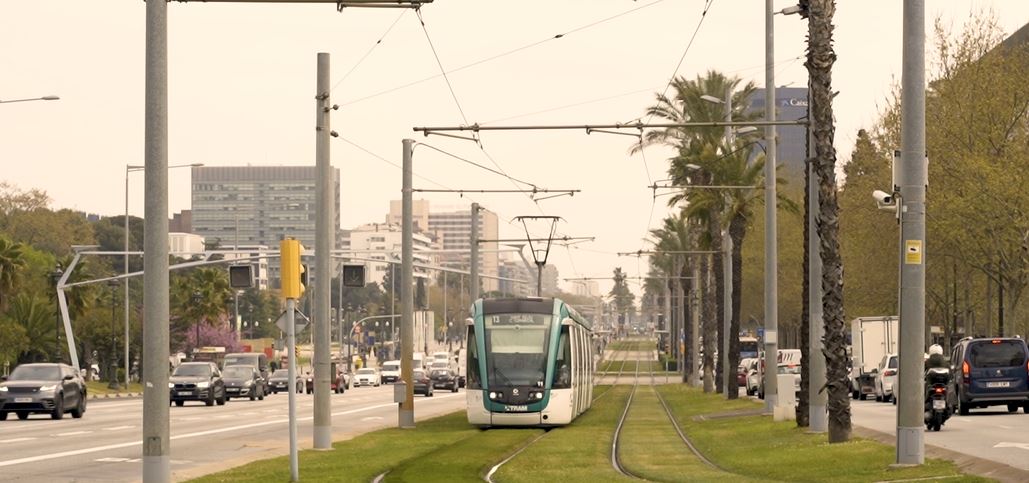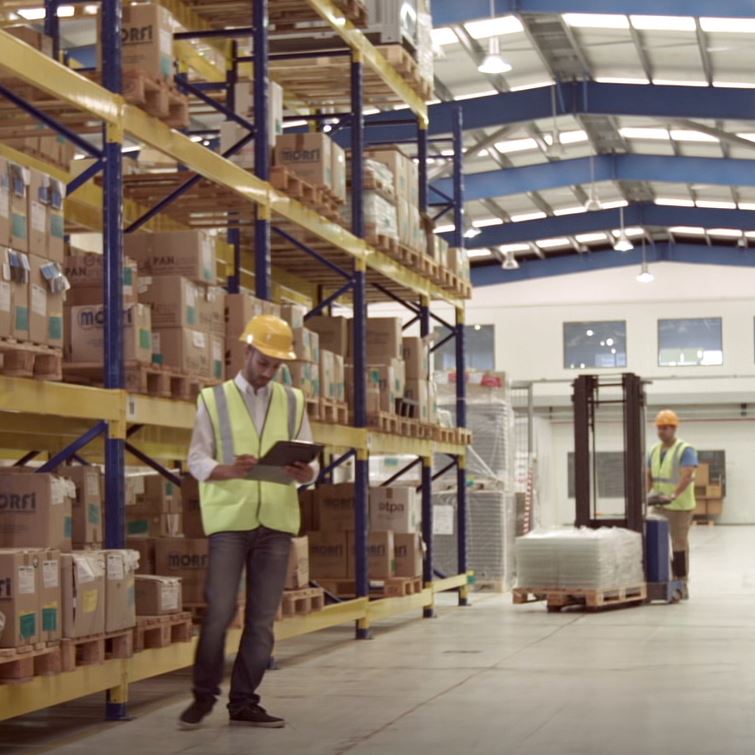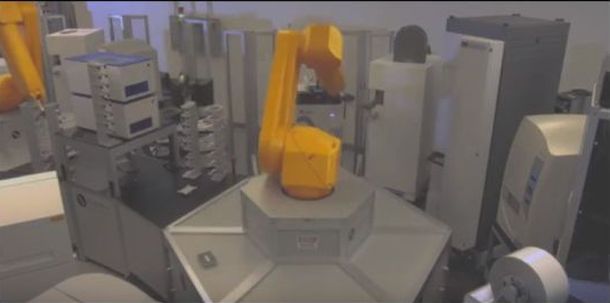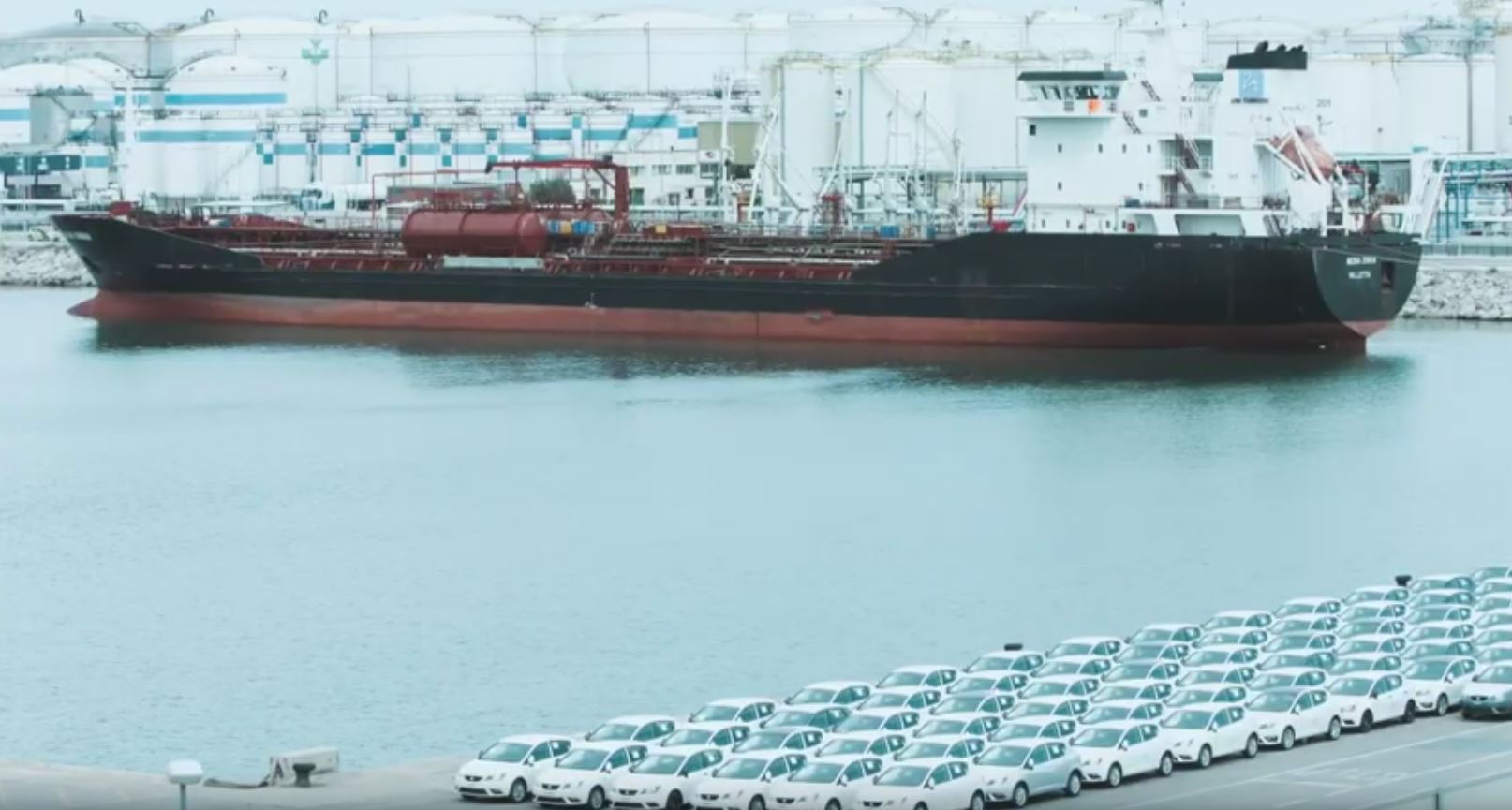
Logistics consultant
Description
The logistics consultant or adviser is an expert in the introduction of all-inclusive management systems and lends his business services to companies in need of outside help to carry out logistics processes or reengineering projects, or to implement information technologies aimed at increasing the competitiveness of the supply chain. This profile is a multi-faceted one given that he must on the one hand be familiar with logistic management and on the other hand, have a sound knowledge of ICT to ensure their proper application. It can also be said that this occupation is a creative one with a major focus on communication, given that the logistics consultant has to find solutions to needs expressed by the client and ensure a trusting relationship. In summary, the logistics consultant is in charge of implementing new technologies and strategies to optimise the logistic operations of the company, such as supply, transportation, distribution and storage.
Tasks
- Provide a global, outside view of the logistic problems which affect the client company.
- Work together with clients and their suppliers on the design and implementation of logistics projects.
- Identify client company problems, opportunities and risks in order to determine the most suitable solution.
- Gather and analyse the relevant information to identify the potential weaknesses and competitive strengths of the company.
- Arrange interviews with the client company and visits to subcontracted facilities.
- Devise, manage and provide advice on perhaps entire logistics projects.
- His/her duties apply to the development of logistics systems. Design the integration of the entire chain, seeking to achieve overall optimisation.
- Carry out project planning studies and assess strategic alternatives.
- Research software programs suitable for new projects.
- Carry out technical studies to establish the extent to which supplier products meet the given specifications in terms of logistics and establish which procedures these suppliers must use, including packaging and transportation methods, in accordance with material requirement forecasts.
- Carry out studies aimed at synchronising and connecting the various stages involved in production processes and supply methodologies.
- Study TQM procedures applied to logistics systems.
- Study the application of information and communication technologies to logistics projects.
- Suggest and manage logistics training programmes.
- Select the staff best suited for each operation.
- Carry out logistic audits.










 | Catalan | Beginner
| Catalan | Beginner | English | Advanced
| English | Advanced
 Open
Open




 | Catalan | Beginner
| Catalan | Beginner




